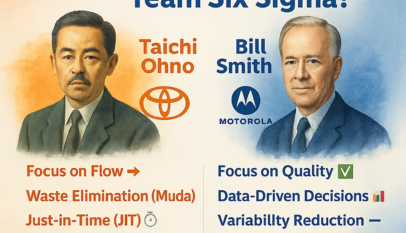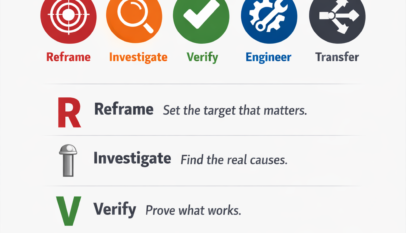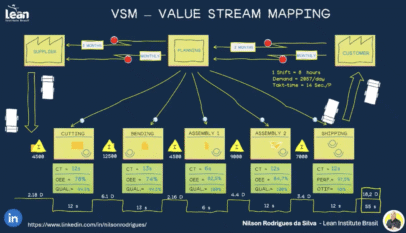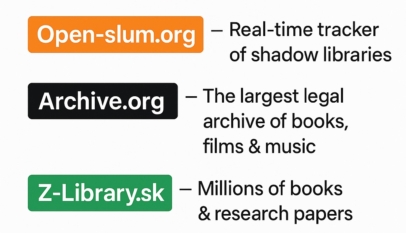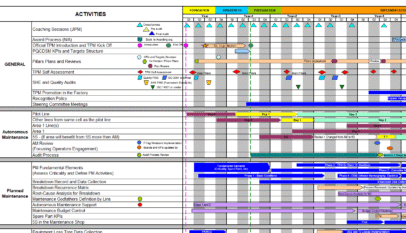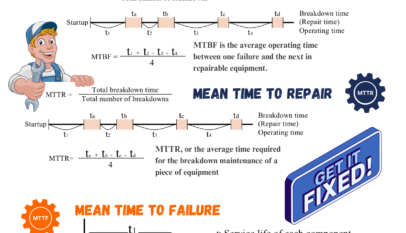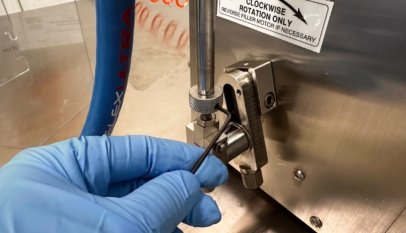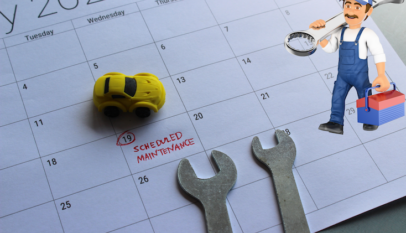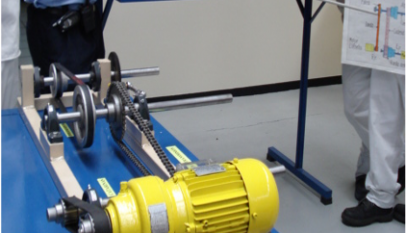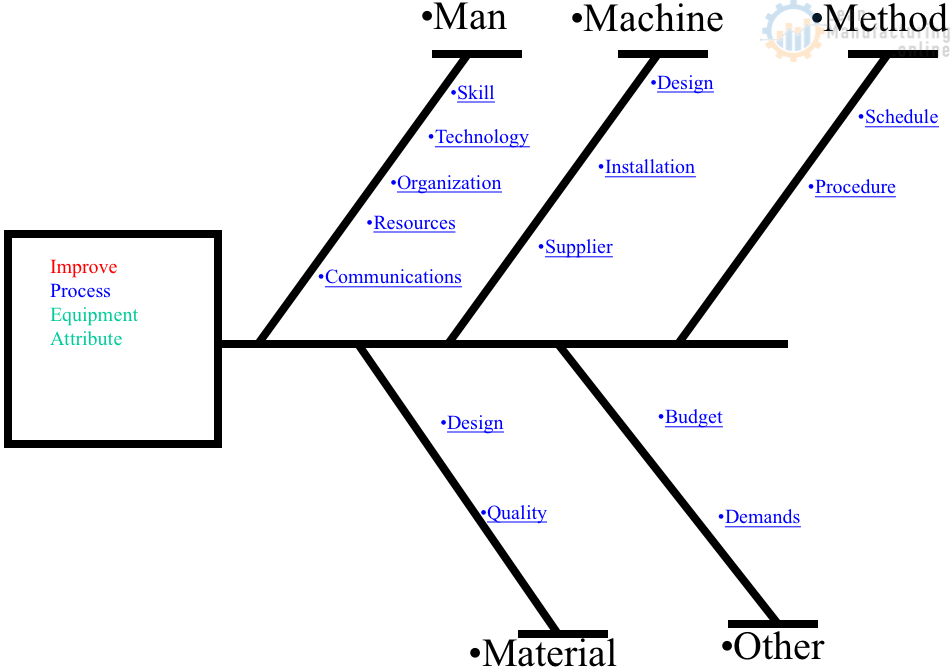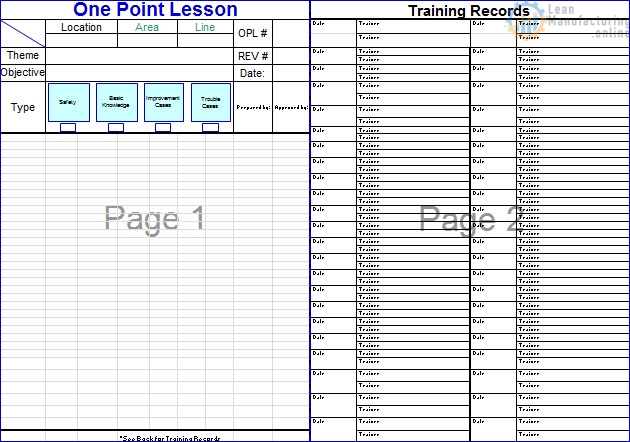Equipment reliability is paramount in today’s competitive manufacturing environment. Preventive maintenance (PM) is a proactive approach to ensuring machinery operates efficiently and minimizes unplanned downtime. By adopting a robust PM program, companies can extend the lifespan of their equipment, reduce costly repairs, and maintain consistent production quality.
Key Benefits of Preventive Maintenance
- Extended Equipment Lifespan: Regular maintenance checks prevent deterioration, ensuring machines run longer and more reliably.
- Minimized Downtime: Scheduled maintenance reduces unexpected breakdowns, keeping production lines operational.
- Cost Efficiency: PM is generally more cost-effective than emergency repairs and replacements.
- Enhanced Safety: Properly maintained equipment is less likely to fail, reducing workplace accident risks.
- Increased Productivity: Reliable equipment ensures uninterrupted production, meeting customer demands promptly.
Implementing an Effective PM Program
- Develop a Maintenance Schedule: Create a routine based on equipment manuals and operational data for regular inspections and servicing.
- Staff Training: Ensure maintenance technicians and operators are trained to identify issues and perform basic maintenance tasks.
- Leverage Technology: Use Computerized Maintenance Management Systems (CMMS) to track maintenance activities, schedule tasks, and manage spare parts inventory.
- Conduct Root Cause Analysis: Investigate equipment failures to understand and address root causes, preventing recurrence.
- Continuous Monitoring and Adjustment: Review and adjust maintenance schedules regularly based on equipment performance and feedback from maintenance staff.
Case Study: Preventive Maintenance in Pharma Manufacturing
Pfizer, a leading pharmaceutical company, exemplifies the importance of preventive maintenance. By implementing a comprehensive PM program, Pfizer ensures the reliability and efficiency of its production equipment, which is critical for maintaining product quality and compliance with stringent industry regulations. The company uses advanced CMMS to track maintenance activities, schedule regular inspections, and manage spare parts. This proactive approach has reduced downtime, cost savings, and enhanced safety in their manufacturing facilities, showcasing the significant benefits of preventive maintenance in the pharma industry.
Preventive maintenance is vital for any manufacturing operation. Companies can significantly enhance equipment reliability, reduce costs, and improve safety and productivity by investing in regular maintenance, staff training, and utilizing modern technologies.

